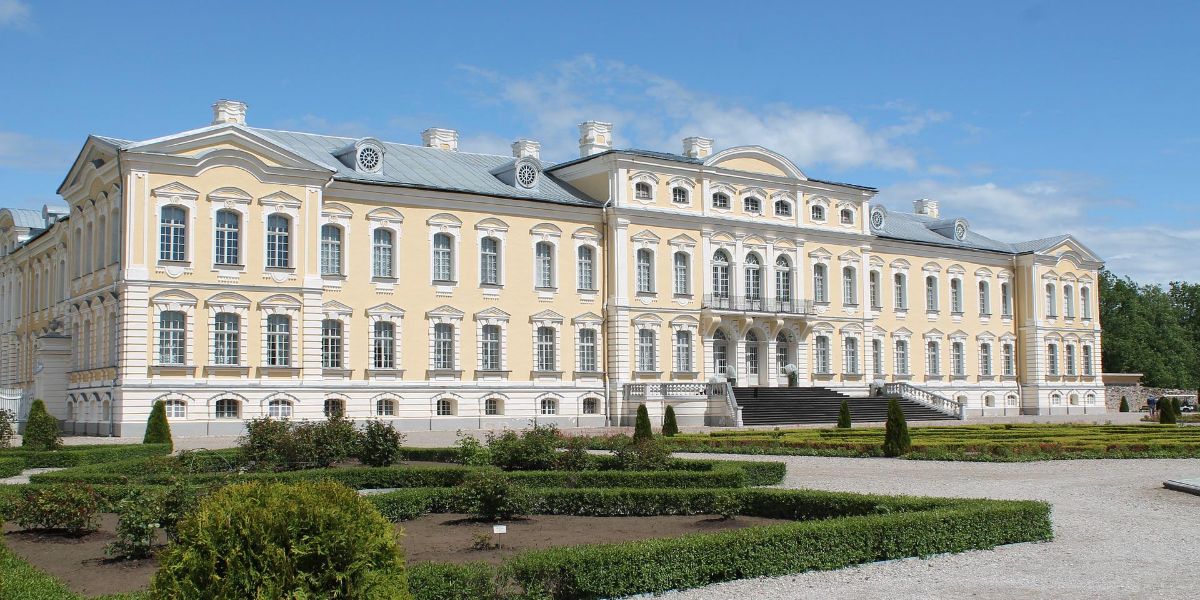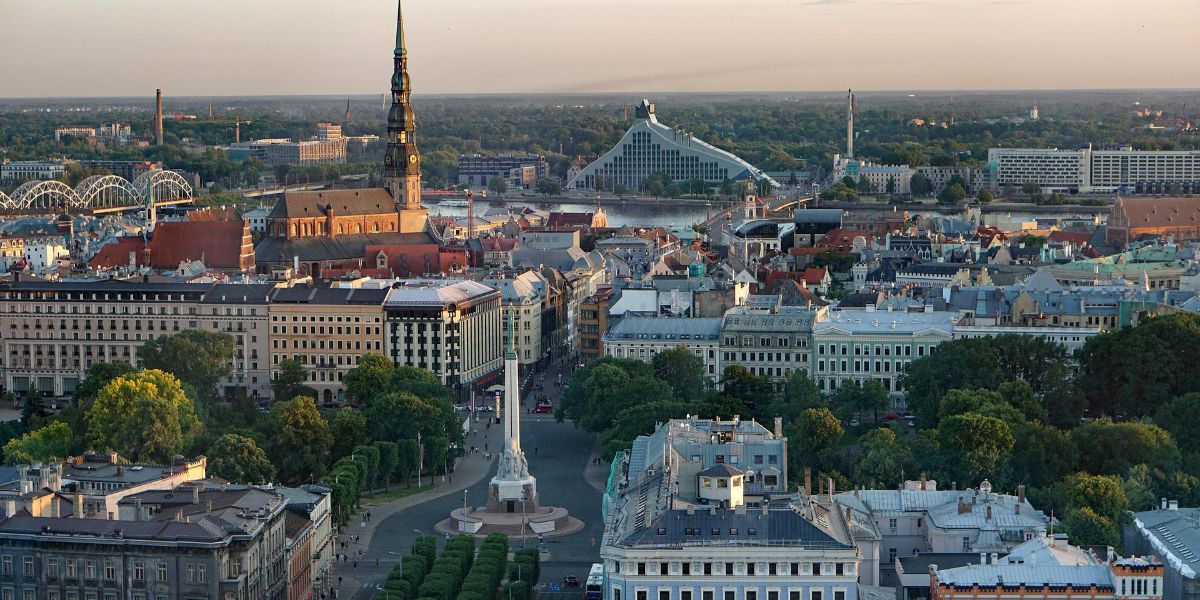On 3 May 2016 the IMF issued a report following consultations with Latvia under Article IV of the IMF’s articles of agreement.
Economic growth in Latvia is expected to slow slightly to 2.5% in 2016 owing to economic uncertainty and the geopolitical tension. Growth should increase later in the year with a strengthening global economy. Sustained growth depends on progress with the ongoing reforms promoting investment, productivity growth and competitiveness. Action must also be taken to address the grey economy which hinders the efficient allocation of resources, creates an unfair playing field and depletes government revenues.
Latvia must close the productivity gap with technology leaders in other countries. This requires structural reforms such as those in the Government Action Plan. Latvia should focus on improving the business environment; reducing the grey economy; boosting the efficiency of state owned enterprises and enhancing human capital among other policies.
The IMF agrees with Latvia’s plan to increase tax revenue to one third of GDP which will require sustained efforts to improve tax compliance and public services. As part of the broad review of tax policy the Latvian government should consider reforms to improve incentives; spread the tax burden more equitably; and look at options to create more fiscal space. The tax burden should move to growth friendly taxation such as property taxation. The recent cadastral reforms are therefore welcomed by the IMF.













